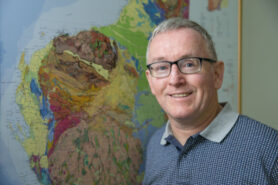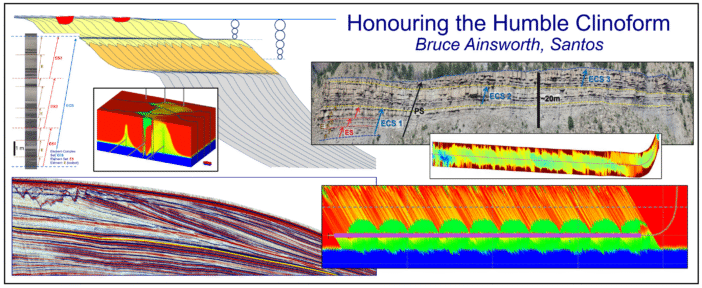
- This event has passed.
PESA WA September Evening talk: Casting a Bigger Shadow: Big New Opportunities in Australian Basins revealed by Regional Fluid Inclusion Data

Casting a Bigger Shadow: Big new opportunities in Australian Basins revealed by regional fluid inclusion data
Enhanced hydrocarbon exploration, Reduced development risk, Improved geological storage of CO2
Mark Lisk (Ascendience Geoscience)
Australia boasts the largest resource of fluid inclusion data in the world, with more than 800 wells,
leading the way in application by the oil and gas industry. For exploration, where constraining the
timing, origin and phases of fluid migration is crucial, the contribution to improved understanding of
processes that produce, alter, or destroy hydrocarbon systems has been profound. These data
revolutionise the mitigation of risk in modern petroleum systems analysis, improve understanding of
proven systems for better appraisal and development planning and reveal pathfinders to new
petroleum systems that will yield future discoveries.
In field development these data are especially valuable, predicting down-dip oil rims in gas fields,
offering constraint on reservoir quality, and by constraining water saturation in fields where formation
water samples are contaminated these unique data augment conventional measurements and yield
superior control on the accuracy of field reserve calculations.
As geological storage of CO2 emerges as a vital climate mitigation strategy fluid inclusion data provides
crucial insights for effective screening of storage sites. From demonstrating the absence of viable
petroleum systems to avoid contamination of yet to find petroleum resources to constraining the
thermal conditions in wells with poor or no data and providing crucial constraint on the nature of
aquifer systems especially for migration assisted storage sites where salinity looms as a critical, but
poorly constrained, factor.
This whistle stop tour examines a diverse range of Australian Basins and beyond to demonstrate the
utility of these methods, highlight areas where application directly contributed to discoveries or an
improved understanding of existing oil and gas fields and reveal those areas with good potential for
future discoveries. Early application to identifying suitable sites for the geological storage of CO2 will
also be discussed where fluid inclusions can literally help to save the world!
Event Sponsors:

Thursday 21st September 6pm (for talk starting at 6.45pm), The Shoe Bar (Yagan Square)
Cost:
PESA Members: $25.00 (Members must Log on to the PESA website to see the member prices)
Non-members: $50.00
PESA Students Members: Free (registration is essential)
Bookings close Wednesday 20th September at 12 noon for venue and catering purposes.




